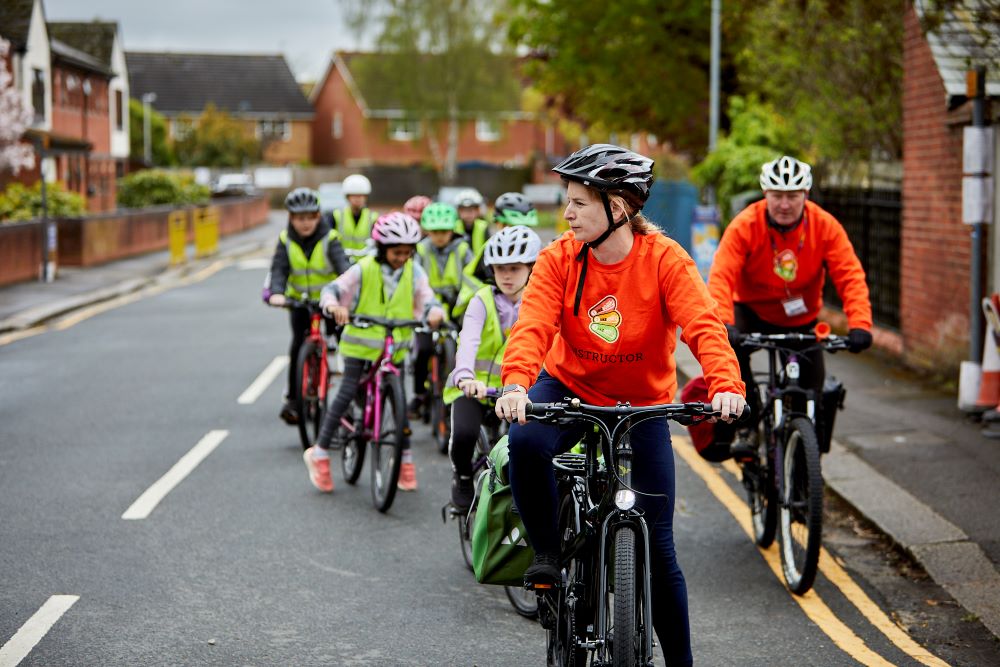We believe that everyone should have access to the life skill of cycling. Our commitment to research enables us to understand the impact of our work, continually improve our approach and highlight its successes. It looks at cycle training in action, innovative new approaches to training, and connects our work to the themes of road safety and active travel.
From training riders in practical cycling skills, to boosting confidence and promoting road safety, our research highlights why Bikeability is such a valuable programme. It’s not just about increasing the number of people cycling; it’s about creating safer, more active communities where cycling is accessible, enjoyable, and a key part of a healthier lifestyle.
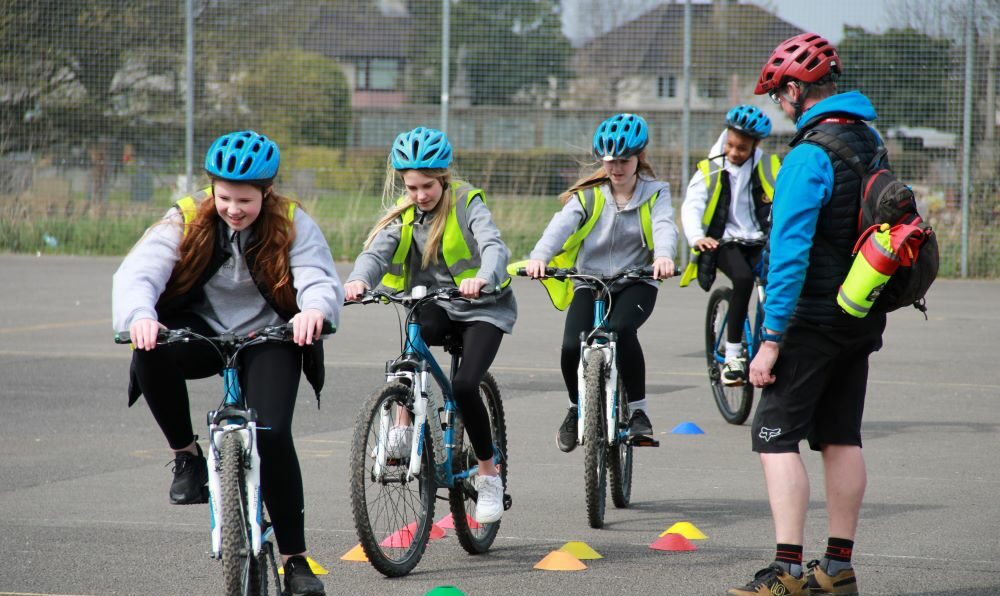

74% of people recognise the importance of professional cycle training for children
- YouGov poll, 2022
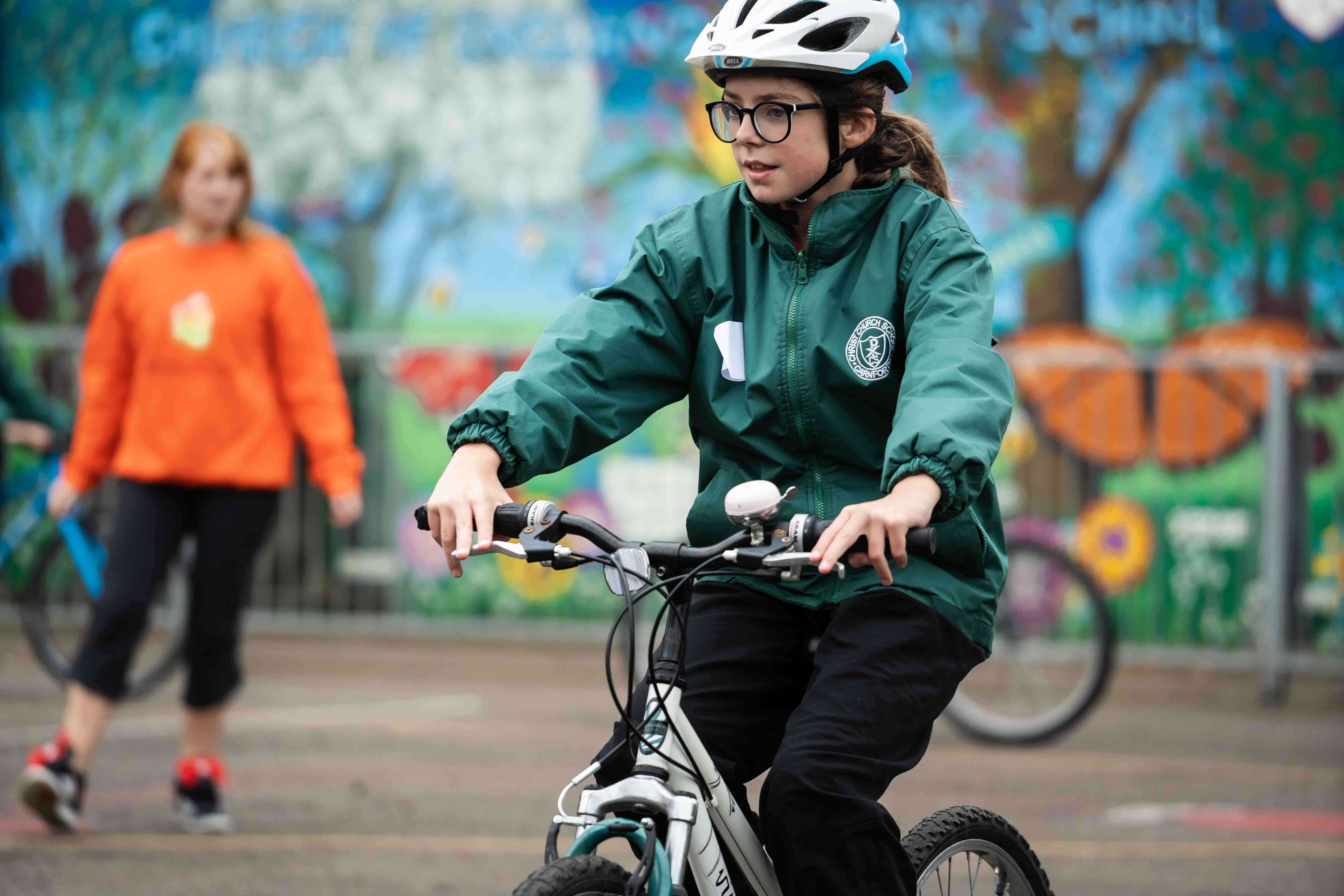

Total KSIs and cyclist KSIs were lower in local authorities in which Bikeability training delivery levels were higher
- Local Authority KSIs and Impact of Bikeability Cycle Training, topline information
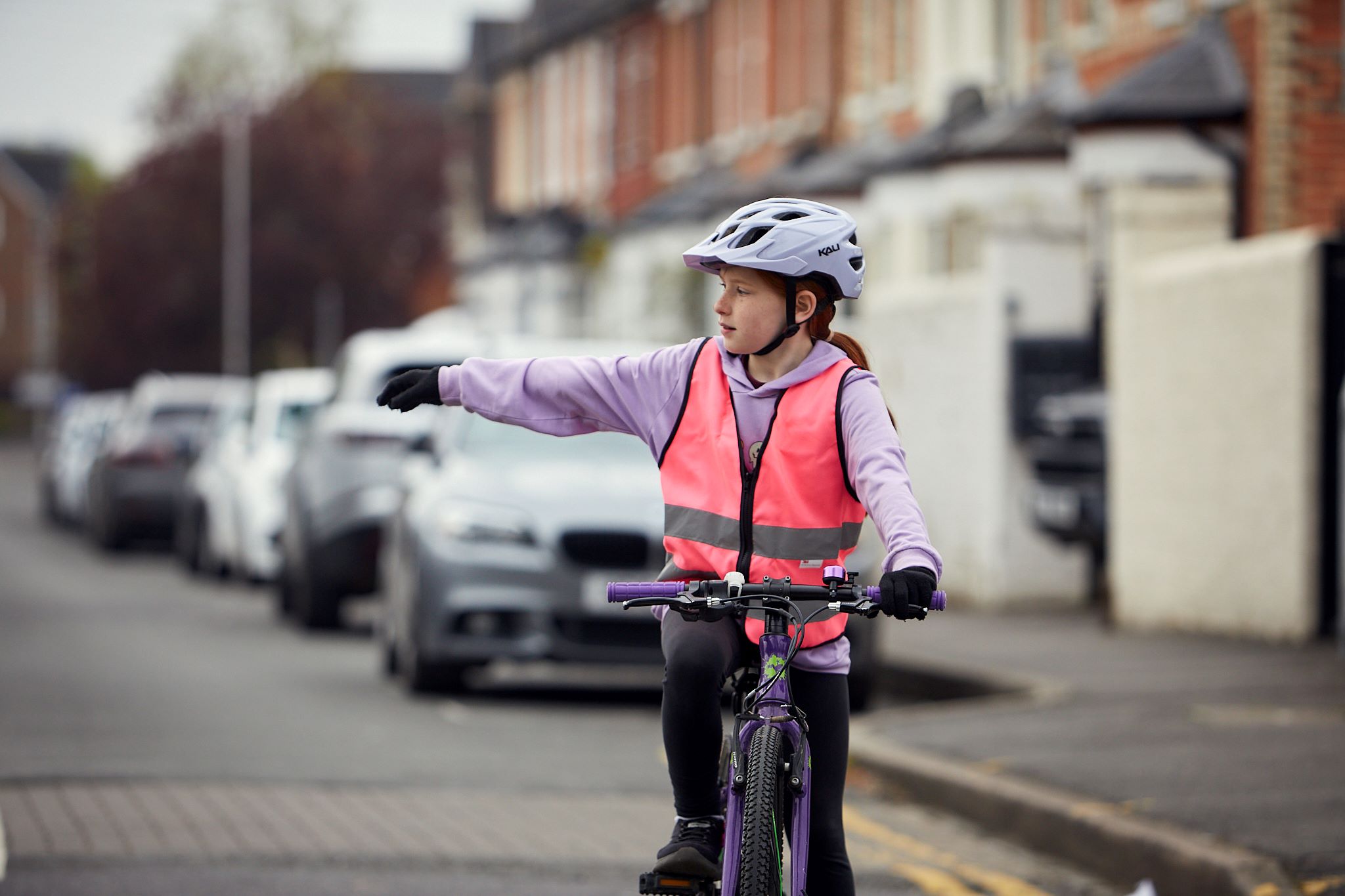

Bikeability positively impacts on Year 6 pupils’ propensity to cycle
- Bikeability Impact Study
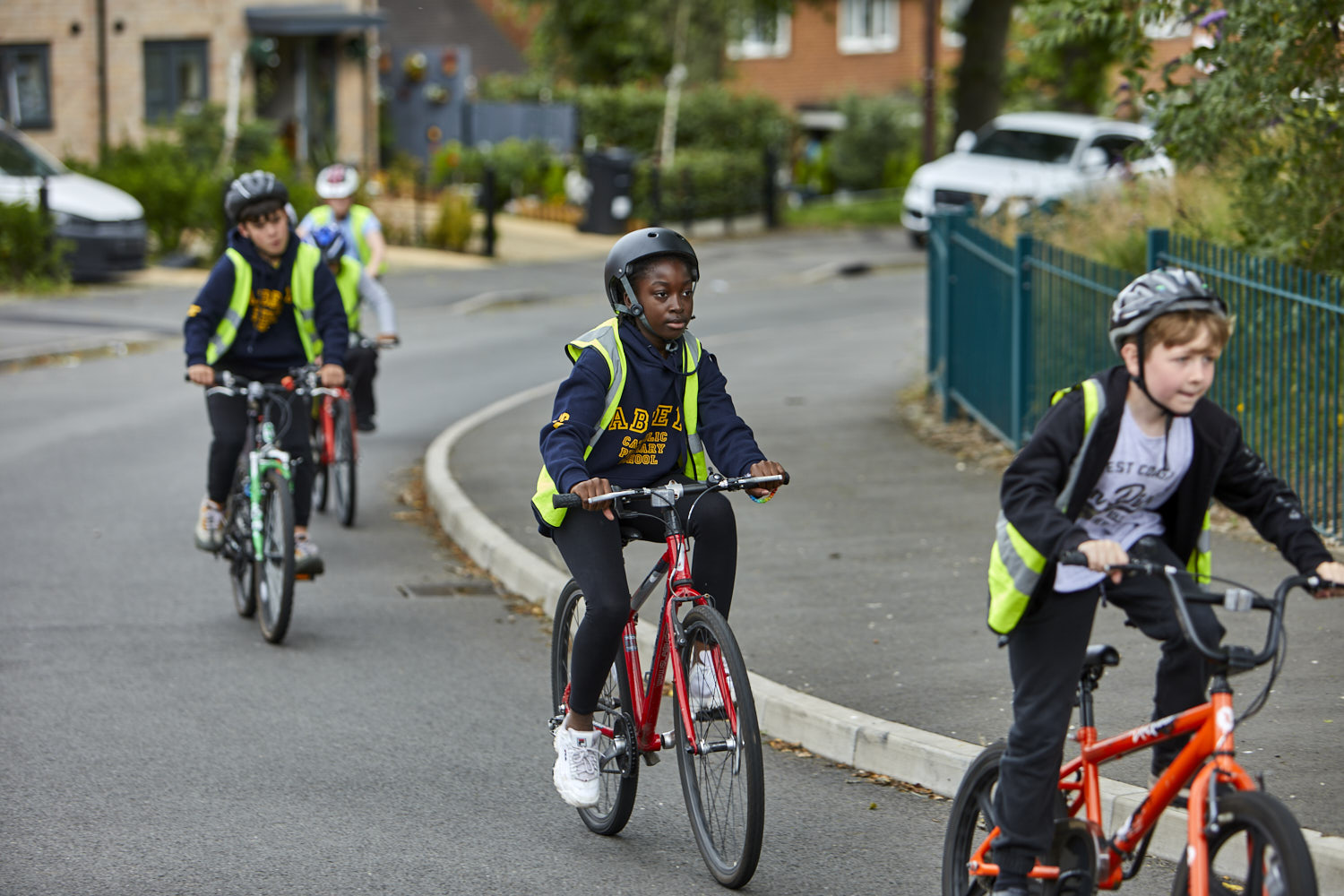

Reports, studies, surveys and more
Local Authority KSIs and the impact of Bikeability Cycle Training
TRL and The Bikeability Trust, 2024
The research looked at different datasets to understand differences in KSIs across local authorities. It found that increased Bikeability Level 2 training is statistically associated with fewer people being killed and seriously injured on the road.
Barriers and enablers for cycling: A COM-B survey study of UK schoolchildren and their parents
Bishop, Batley, Waheed, Dkaidek, Atanasova and Broadbent, 2024
The research looked at barriers and motivators for cycling. It found that interventions aimed at improving attitudes toward cycling and increasing parents’ cycling habits could boost children’s cycling, especially for trips like the school commute.
Mapping the National Standard for Cycle Training against KSI Statistics
The Bikeability Trust, 2023
This review looked into how the number of killed or seriously injured (KSI) statistics involving cyclists could be reduced by road users’ awareness and cyclists’ use of the national standard for cycle training (NSCT).
Parent perceptions of cycle training for children with special education needs and disabilities: What drives intention to cycle?
Wilmut and Purcell, 2023
This study shows the success of a specialised cycle training programme for children with SEND, improving their cycling skills and increasing their intention to cycle more.
A brief gamified immersive intervention to improve 11–14-year-olds’ cycling-related looking behaviour and situation awareness
Bishop, Daylamani-Zad, Dkaidek, Fukaya and Broadbent, 2023
The study tested a 10-minute, gamified VR intervention with children to improve awareness while cycling. Both trained and untrained groups showed increased cycling confidence, suggesting VR interventions may boost young cyclists’ skills and confidence.
YouGov poll on the perceived importance of cycle training
YouGov, 2022
We commissioned a YouGov poll to ask parents and their children to share their thoughts on the importance of cycle training.
Improving children’s on-road cycling with immersive video-based training
Bishop, Dkaidek, Atanasova and Broadbent, 2022
This pilot study used an immersive video-based training protocol to improve looking behaviour and situation awareness in children who had completed Bikeability Level 2 training.
Training children to cycle safely
Department for Transport, 2020
A summary of the impact of Bikeability cycle training, and its benefit-to-cost ratio.
UCI Children’s Cycling Education Programmes Toolkit
The Union Cycliste Internationale and The Bikeability Trust, 2019
A toolkit providing practical advice and knowledge for National Federations seeking to develop their own cycle training programmes for children.
Bikeability Impact Study
SQW, 2019
This study on the impact of Bikeability training found increases to Year 6s’ cycling rates, road safety knowledge, and parental support for road cycling, indicating the programme’s positive influence on safe cycling habits.
The impact of Bikeability training on hazard perceptions in children
National Foundation for Educational Research, 2015
The study looked at the affects of Bikeability on children’s ability to perceive and respond to road hazards. It found training had a positive and sustained impact, indicating lasting improvements in hazard response.
The perceptions of Bikeability and cycling among parents and children
IPSOS, 2015
This research looked at how the Bikeability programme has influenced perceptions of, and attitudes towards, cycling, and whether Bikeability has continued to increase the appeal and frequency of cycling among children.

